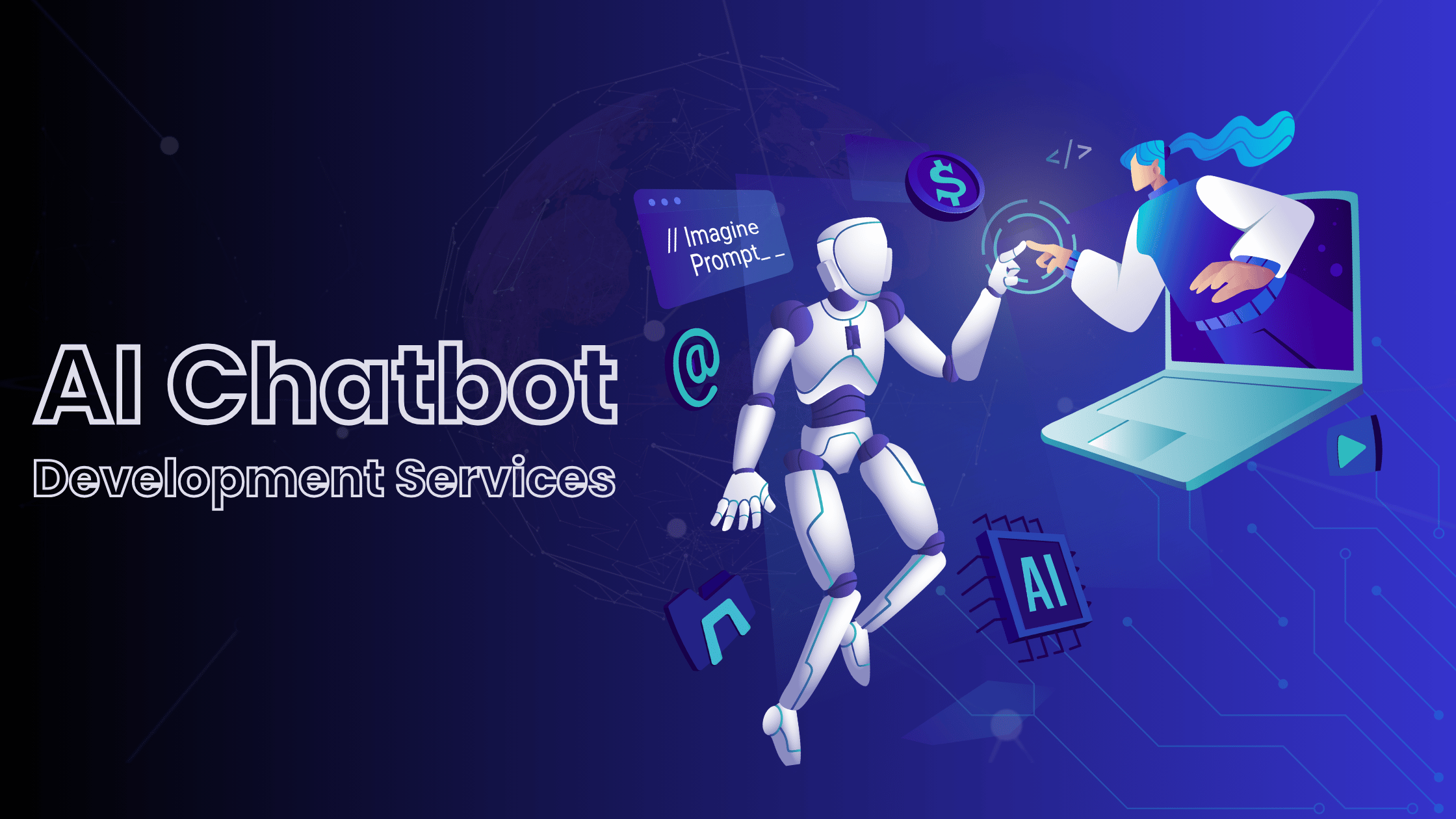Introduction
In the fast-paced healthcare industry, efficiency and quality of care are paramount. As patient expectations rise and staff workloads increase, healthcare providers are turning to innovative technologies to bridge the gap. AI-powered chatbots have emerged as a powerful tool to streamline patient care, offering timely support, improving operational efficiency, and enhancing patient satisfaction.
This article explores how AI chatbot development is transforming the healthcare landscape, enabling providers to deliver seamless care while optimizing resources.
Why AI Chatbots are Essential in Healthcare
Healthcare systems worldwide face several challenges, including:
- Long waiting times for patients.
- Overburdened staff and administrative bottlenecks.
- Communication gaps in patient support.
AI chatbots address these issues by providing scalable, automated solutions that enhance both patient experiences and operational efficiency.
Key Benefits of AI Chatbots in Healthcare
-
24/7 Patient Support:
Chatbots ensure round-the-clock assistance, answering common questions about symptoms, treatments, and policies without the need for human intervention. -
Efficient Appointment Management:
Patients can schedule, reschedule, or cancel appointments with ease. Chatbots also send automated reminders, reducing no-shows. -
Faster Symptom Checking and Triage:
AI chatbots can analyze patient-reported symptoms and provide preliminary guidance, directing them to appropriate care levels. -
Improved Accessibility:
Multilingual and voice-enabled chatbots make healthcare more accessible to diverse populations, including individuals with disabilities. -
Reduction in Administrative Burdens:
By automating routine tasks like billing inquiries and data collection, chatbots free healthcare staff to focus on more critical responsibilities.
Core Features of AI Chatbots in Healthcare
-
Natural Language Processing (NLP):
Enables chatbots to understand and respond to medical inquiries in human-like ways, improving user engagement. -
Integration with Healthcare Systems:
Chatbots can connect with electronic health records (EHRs) and hospital management systems to provide real-time updates. -
Data Privacy and Compliance:
Robust security features ensure compliance with regulations like HIPAA and GDPR, safeguarding sensitive patient data. -
AI-Driven Insights:
Chatbots collect valuable data on patient interactions, offering insights for improving healthcare delivery.
Use Cases of AI Chatbots in Healthcare
- Virtual Health Assistants: Provide health tips, symptom guidance, and medication reminders.
- Chronic Disease Management: Assist patients with diabetes, hypertension, or other chronic conditions by tracking health metrics and offering lifestyle suggestions.
- Mental Health Support: Chatbots like Woebot offer mental health resources, guiding users through CBT techniques and providing emotional support.
- Insurance and Billing Assistance: Simplify insurance claims and answer questions about billing processes.
Challenges in AI Chatbot Implementation
While AI chatbots offer tremendous benefits, challenges must be addressed for successful deployment:
- Accuracy Concerns: Ensuring chatbots provide reliable medical information.
- Integration Barriers: Seamlessly integrating chatbots with legacy systems can be complex.
- User Adoption: Building trust among patients and healthcare providers in AI-driven interactions.
Future Trends in AI Chatbot Development for Healthcare
-
Proactive Health Monitoring:
Integration with wearables and IoT devices for real-time health tracking. -
Predictive Analytics:
AI chatbots will use data-driven insights to identify potential health issues early, aiding in preventative care. -
Telemedicine Integration:
Chatbots will complement telehealth platforms by assisting with patient pre-screening and follow-ups. -
Personalized Virtual Care:
Advanced AI algorithms will enable chatbots to provide highly personalized healthcare advice.
Conclusion
AI chatbot development services is revolutionizing patient care in the healthcare industry. From enhancing accessibility to reducing administrative burdens, chatbots are transforming how healthcare providers operate. As technology continues to advance, the potential for AI chatbots to further streamline patient care is limitless.
For healthcare providers looking to stay competitive, now is the time to invest in customized AI chatbot solutions. By leveraging this cutting-edge technology, you can enhance patient satisfaction, boost efficiency, and ensure your organization is prepared for the future of healthcare.



